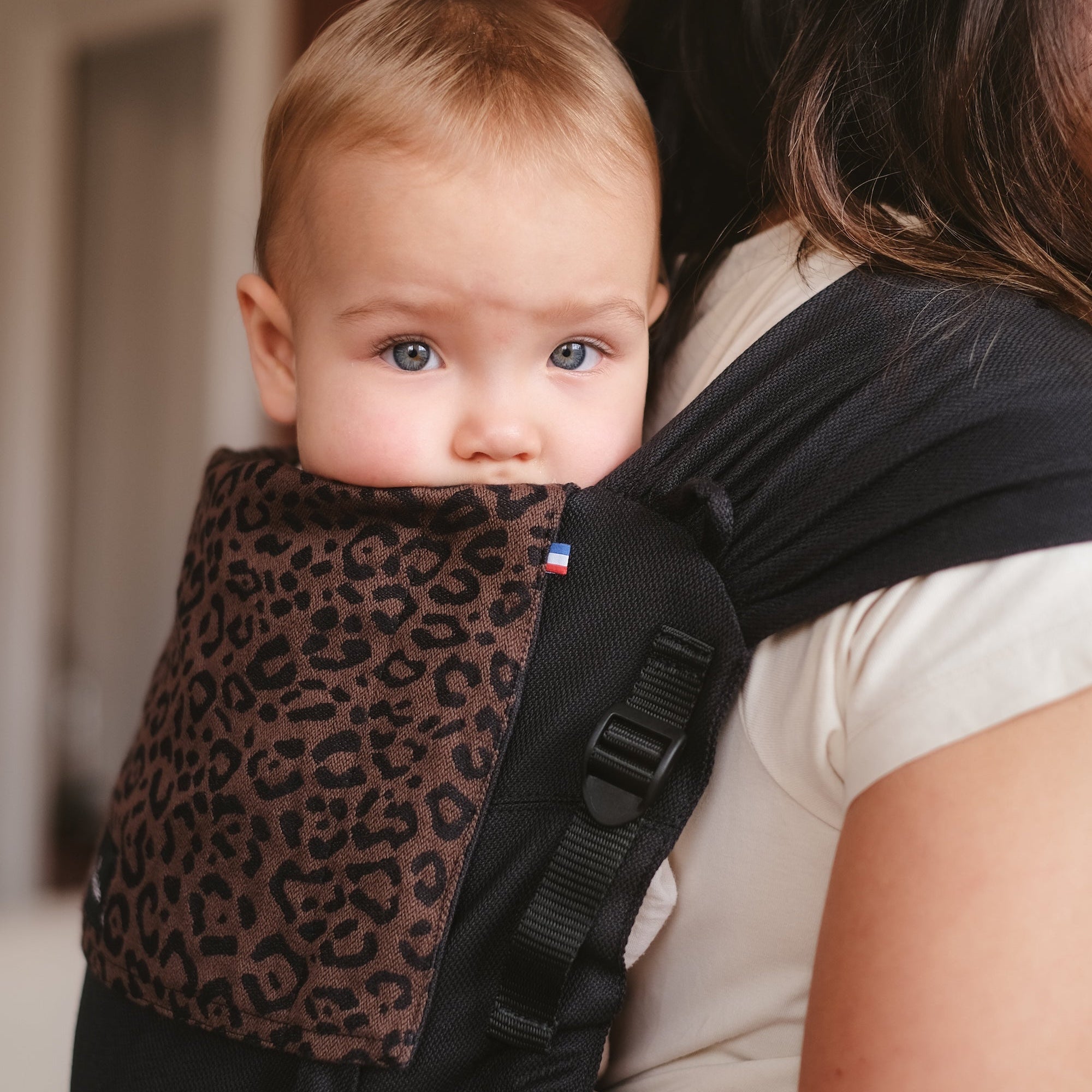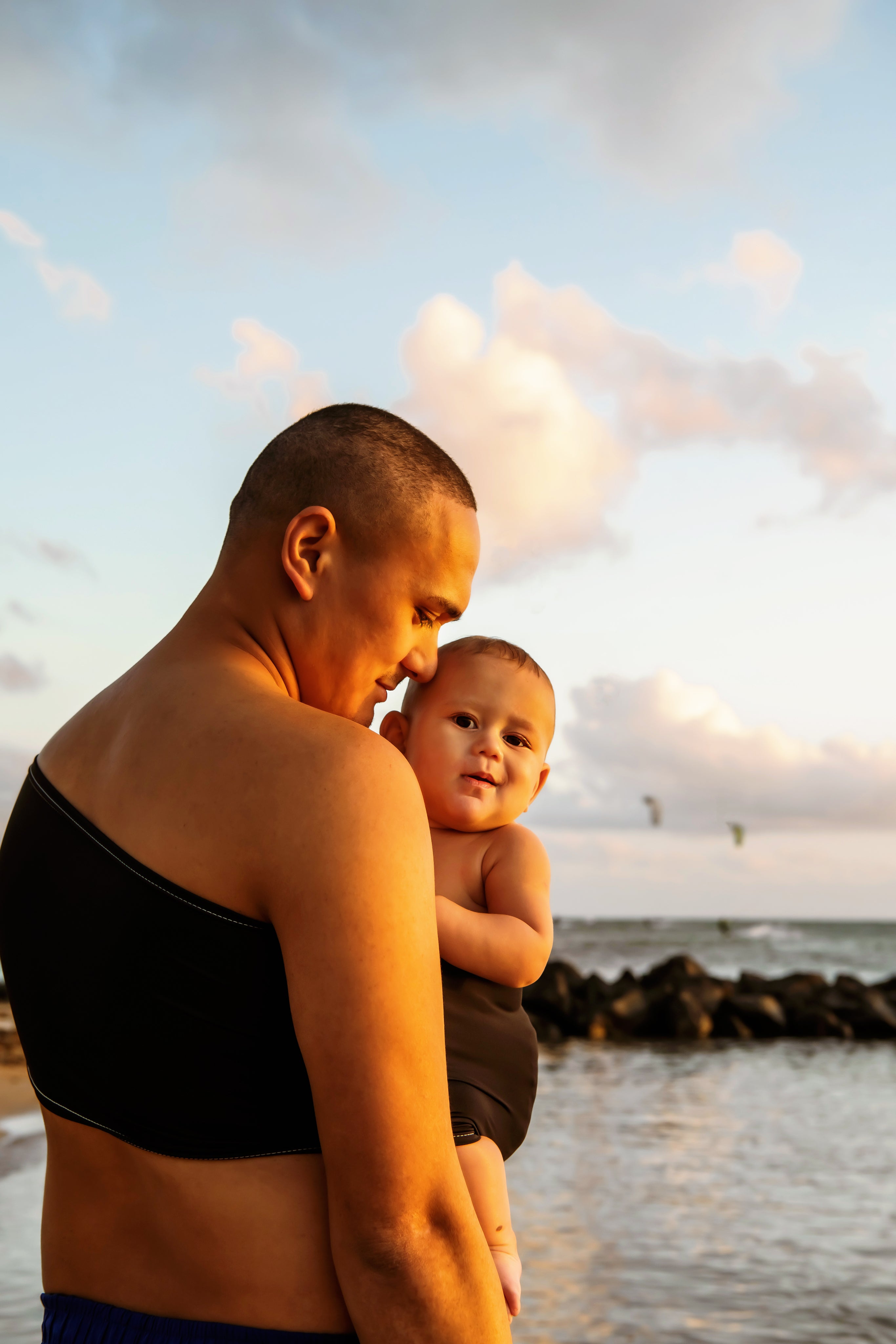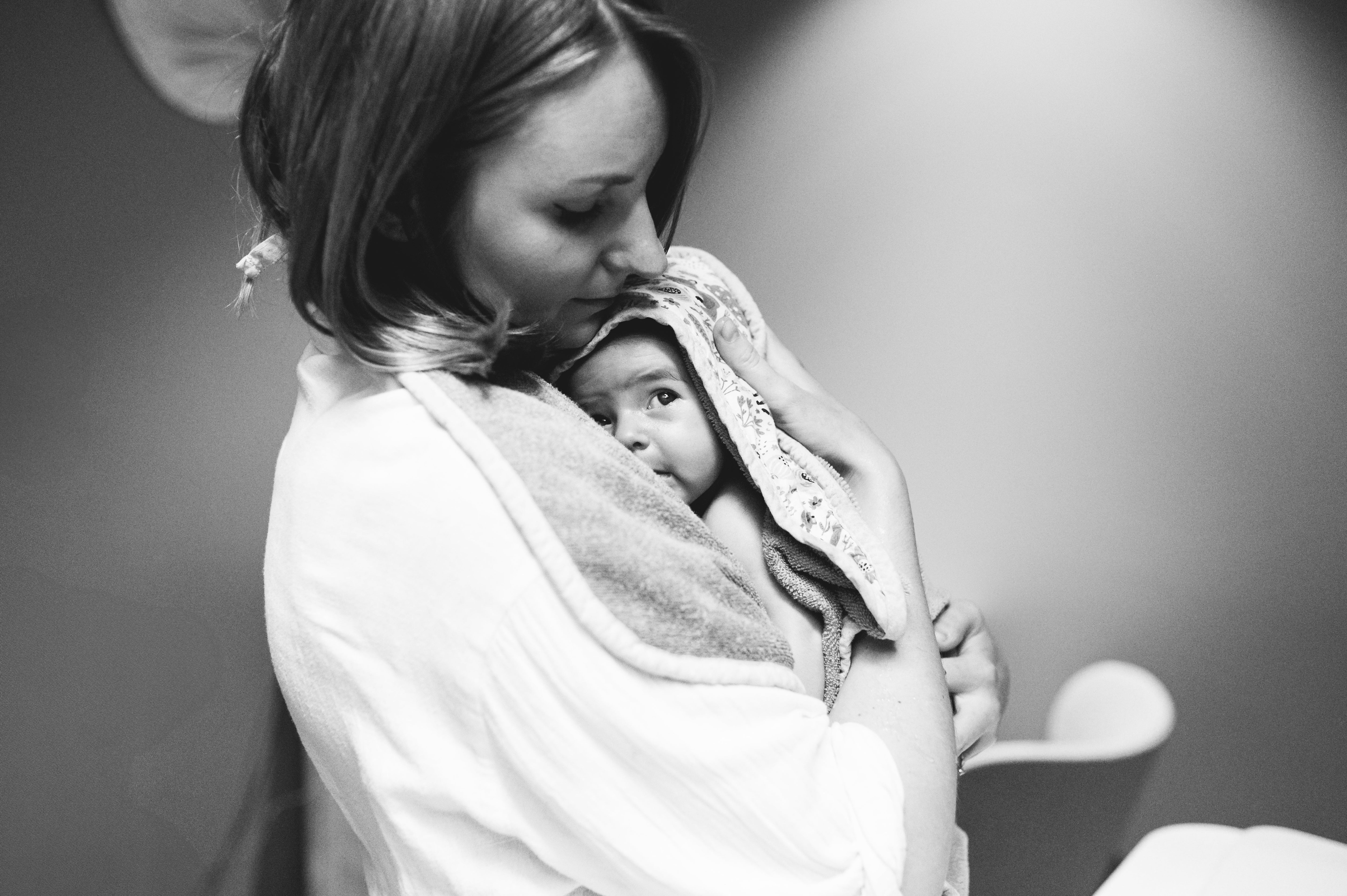Crying is often part of our daily life with the arrival of baby. They can be difficult to experience, especially when they are frequent or when we fail to understand their meanings. Sometimes, as parents, we are overwhelmed, exhausted, in the face of these, which is understandable. Yet, crying is so important for baby. It is his only way to communicate that he needs something, that something is wrong... Given that he has not yet acquired speech or walking to move around and meet his own needs. For him, it's a matter of survival above all!!

What is hidden behind these cries?
Baby may have a physiological need (thirst, hunger, dirty diaper, heat...) or emotional (fear, feeling alone, overstimulation...). If baby cries, it means he has something to say, he cannot throw a tantrum before a certain age because his brain is not mature enough to manage his emotions.
It is obvious that this can sometimes be exhausting for a parent, but responding to these cries remains important. Recent research in neuroscience, psychology... supports this. According to a psychology study from the University of Notre Dame in the United States, for example, "leaving a baby to cry without trying to comfort him would have negative consequences for his health and could lead to anxiety problems in adulthood." It is not about blaming parents on this matter but about providing information. Not even about blaming previous generations or the people around us who encourage us to let the baby cry, for example. Everyone deals with what they received from their parents, with some advice from loved ones or professionals... The advances on this subject are relatively recent and sometimes still not well understood by many.
You might think that all this is fine in theory but sometimes in practice, it’s a whole different story and, quite simply, we just can't take it anymore! It is also important to know how to listen to oneself with kindness, as a parent. It’s not always an easy role to hold. Before "losing it", it’s better to temporarily put the baby in a safe place and let him know that you need five minutes to regroup... Or, pass the baton to someone trustworthy. In any case, don’t stay alone in these moments, you can talk to your loved ones or trusted professionals, or other parents (for example, during workshops with other parents) and you will probably realize that you are not alone in facing these difficulties, and others might be able to offer solutions that suit you...
And what if crying was viewed from a more positive angle?
Did you know that they promote the secretion of hormones that encourage milk production, that they strengthen the parent-child attachment bond – baby, the sense of security in babies when there is an appropriate response from their parent? Tears also help to restore the body's chemical balance after stress... So, it's not about eliminating them at all costs but rather learning to welcome them and sometimes support them.
What about colic?
Today, the term colic is sometimes frequently used as soon as a baby cries. Not that these do not exist, but it is a term that can be "restrictive" because sometimes behind it hides an emotional problem and not necessarily stomach pain (although that can also happen!). As a parent, we are primarily responsible for the baby's safety, by seeking what distresses them. We must ensure an appropriate response to their immediate need, even if it is embarrassing. If in doubt (suspected pain, illness...), do not hesitate to consult a doctor. And also keep in mind that even if they are clean, full... some emotions can remain unmanageable for a baby. Finally, if you have tried everything and everything seems fine for the baby's well-being, perhaps it is worth just holding them in your arms with love and verbally reassuring them that they can cry safely if needed…
Besides, isn’t it a proof of trust that they show you by allowing themselves to cry beside you?
« Imagine that you have just experienced a traumatic event, something that
has deeply disturbed you. You are on the verge of tears and unable to relax or concentrate. You will find a friend or your partner to get help. You start talking
about what happened to you and how you feel about it.
After some empathy, your friend begins to calm you by saying: " Ça va aller, Ça
va aller, don’t think about it, please don’t cry, I can’t stand it when you cry. Come on, give me a
smile now. Let me prepare something to eat for you. Maybe you should see a
doctor? ». You will probably wipe away your tears and internalize your suffering, in order to
preserve your friendship and also because your friend’s response showed you that you cannot be yourself in their presence.
Now, imagine yourself in the same situation, receiving a different response from your friend.
You start talking about what happened to you and how you feel. Your friend looks you in the eyes,
leans forward, and takes your hand saying: "I am here for you, tell me what happened. I can see that you are really suffering and I want you to know that I love you and I want to help you overcome this experience."She kisses you and you relax" In deep sobs, protected by her presence. You
Article « Listening to babies », by Vimala McClure, founder of AFMB (French Association of Baby Massage)
let yourself go, sometimes in an incoherent way, and she says to you: « Tell me more … And then what
happened? This must have hurt you a lot. ». You will find her sincere and this trust will
make you able to let yourself go and ultimately regain yourself. Your relationship will be stronger, your friend will feel good because she was there for you and you will feel more capable of finding a peaceful way of functioning. »








